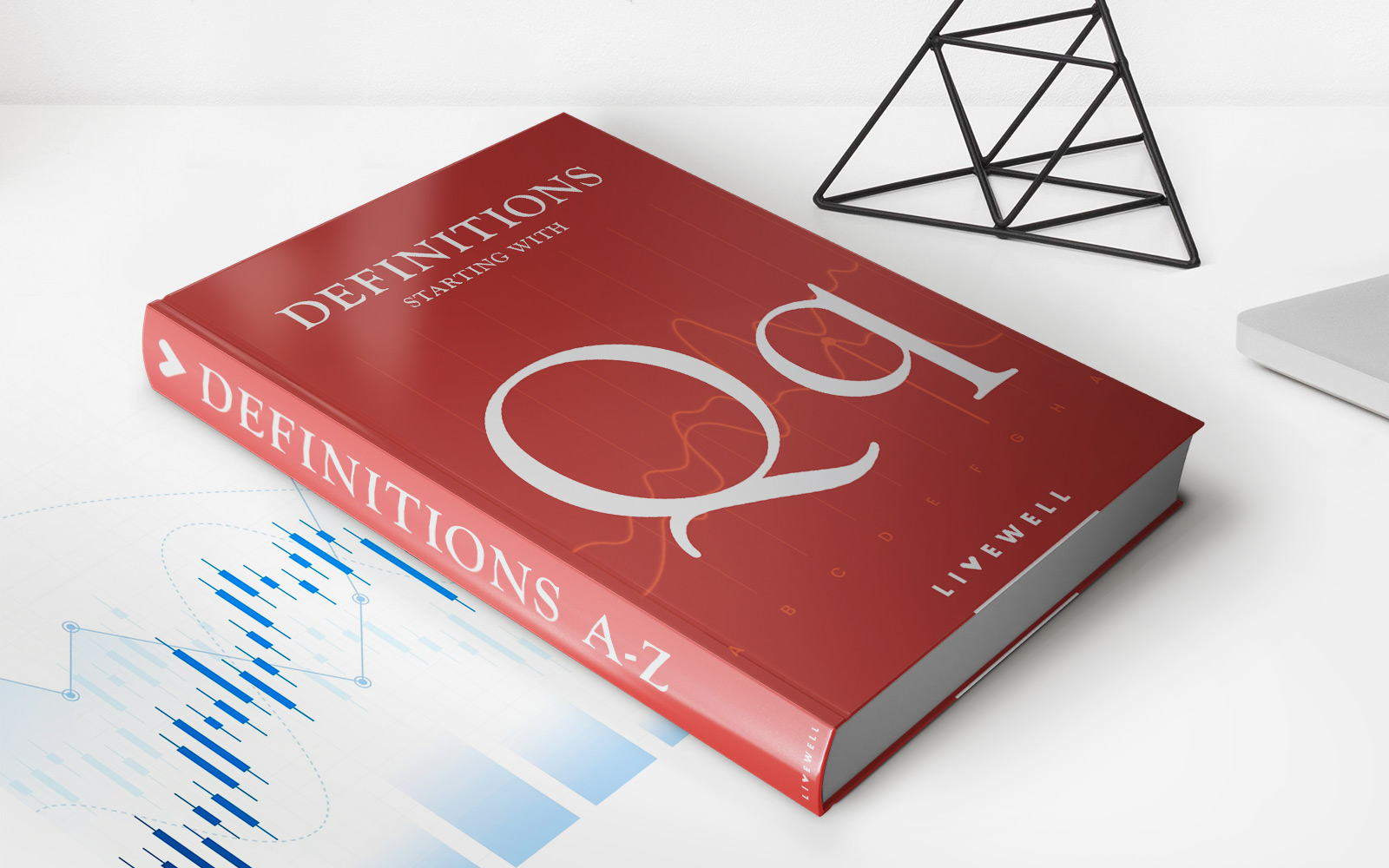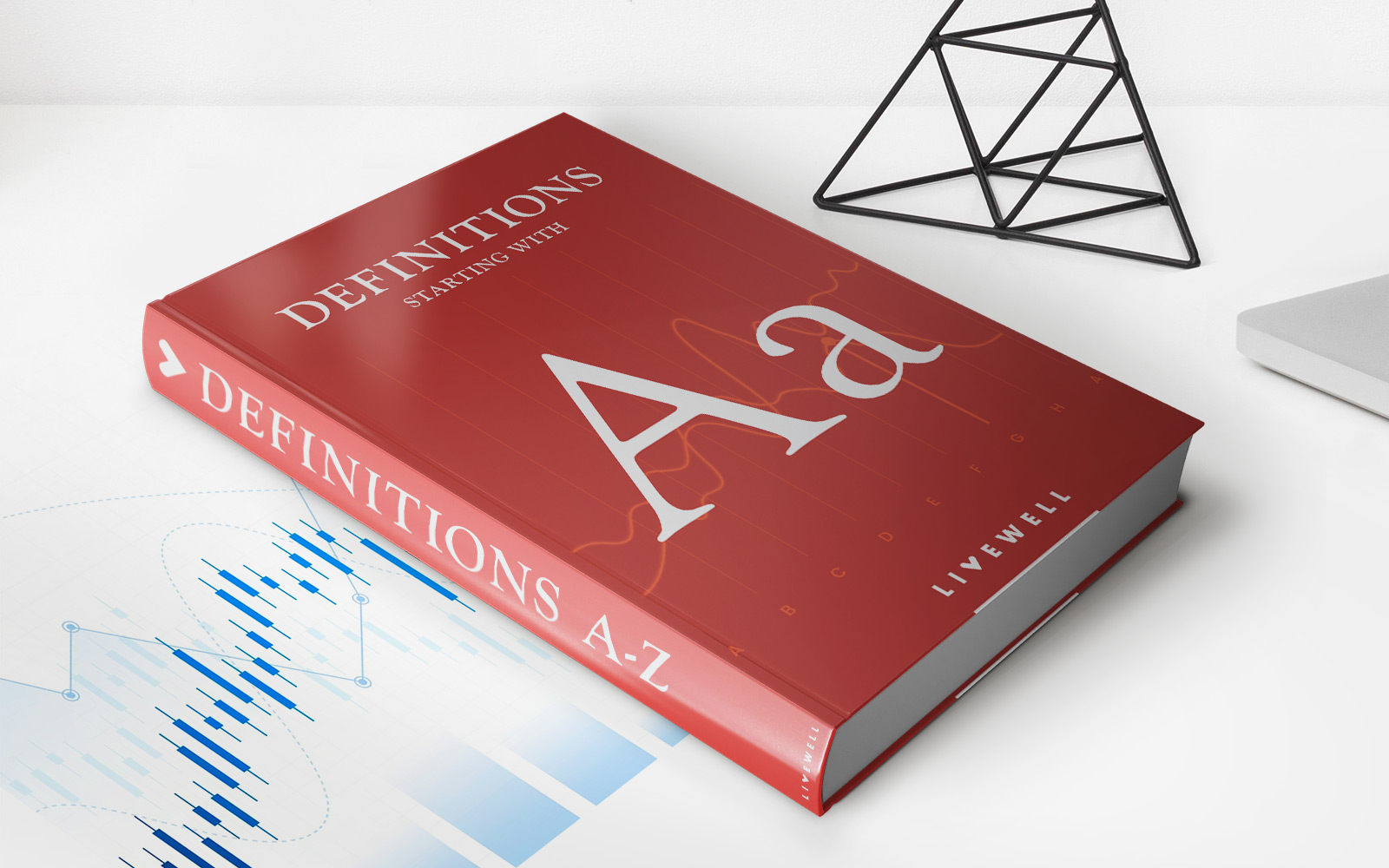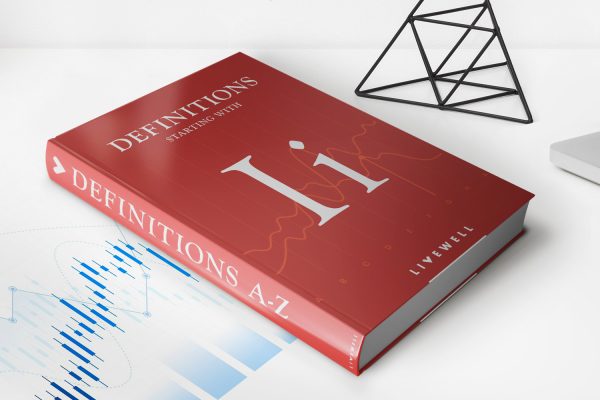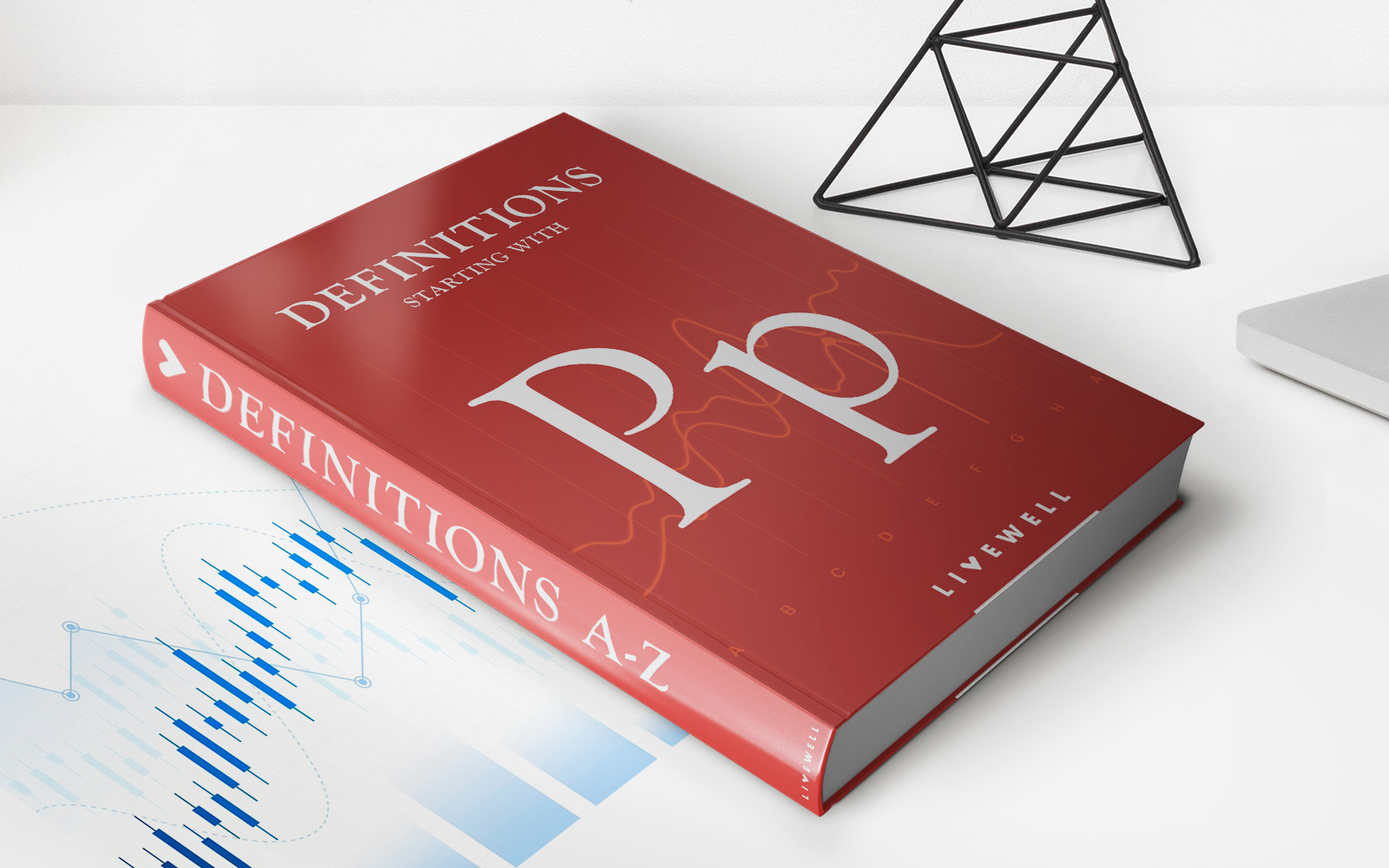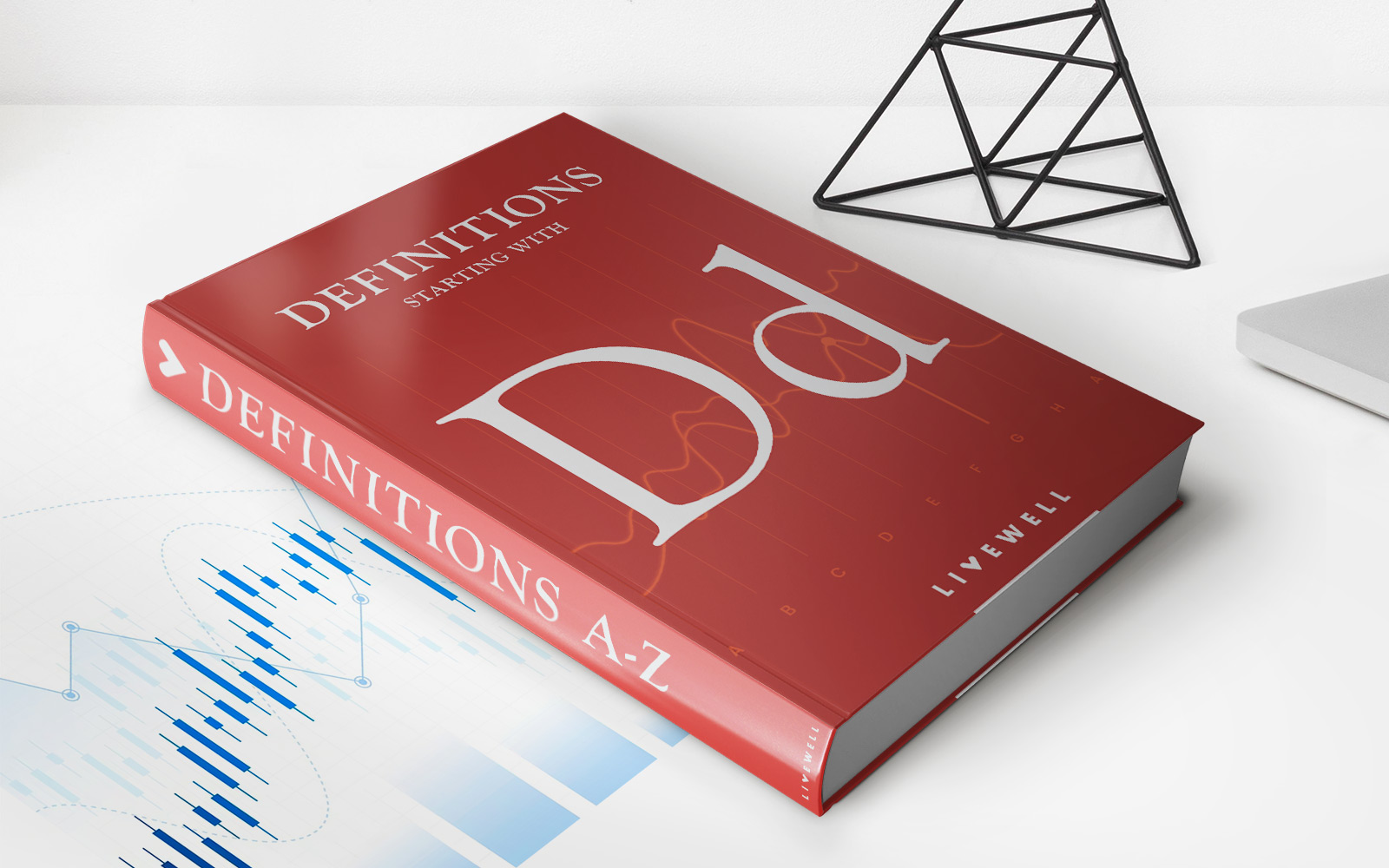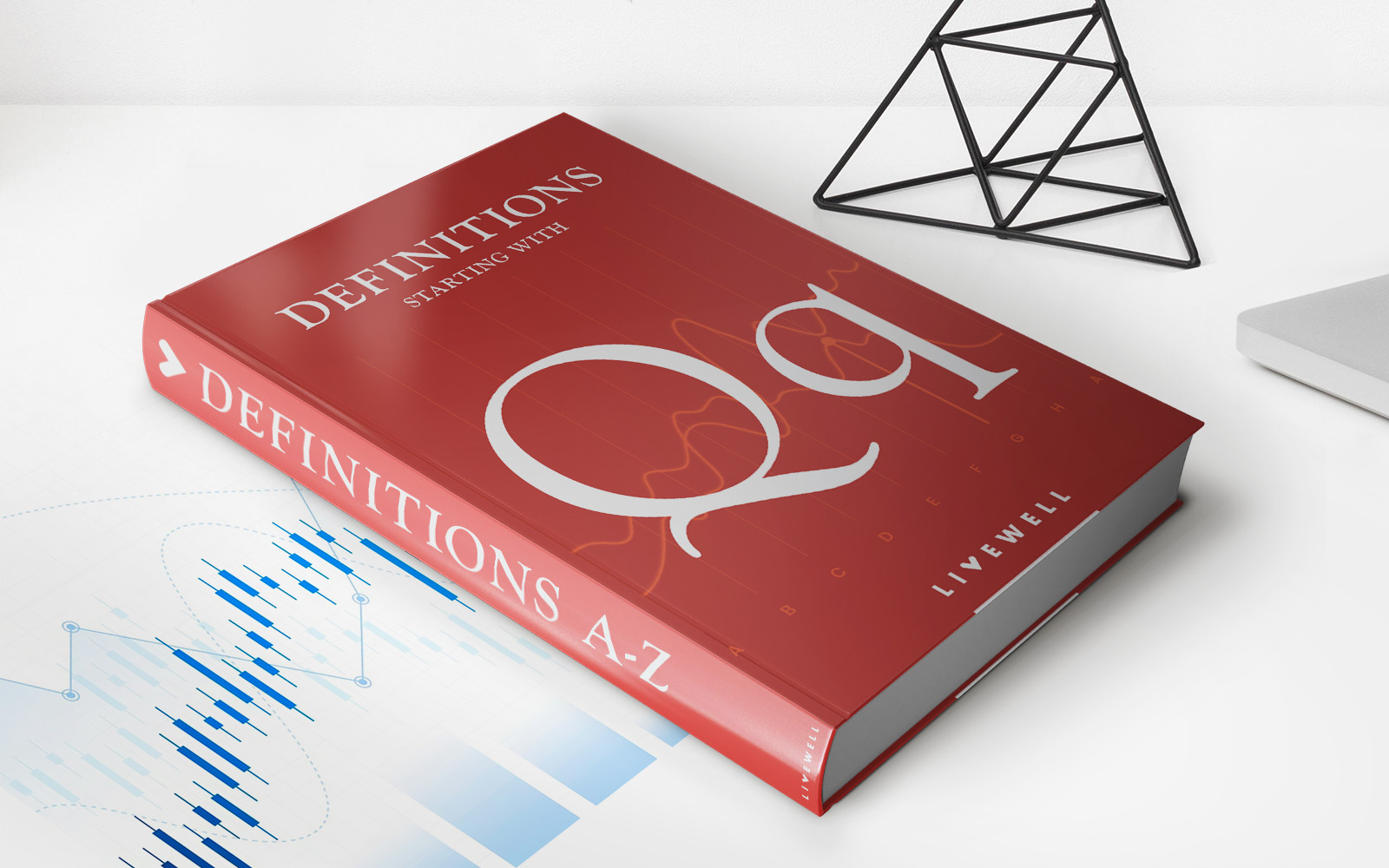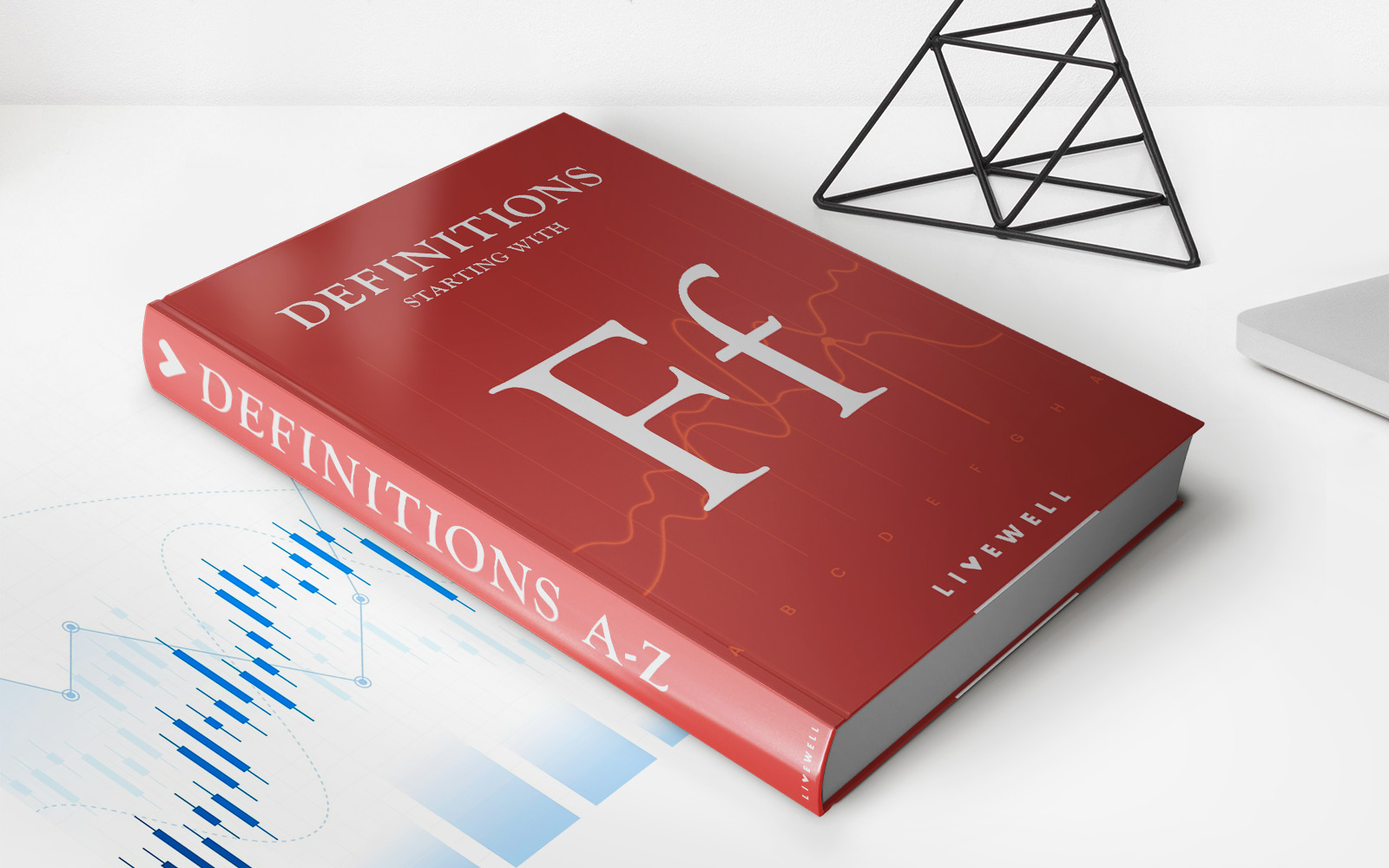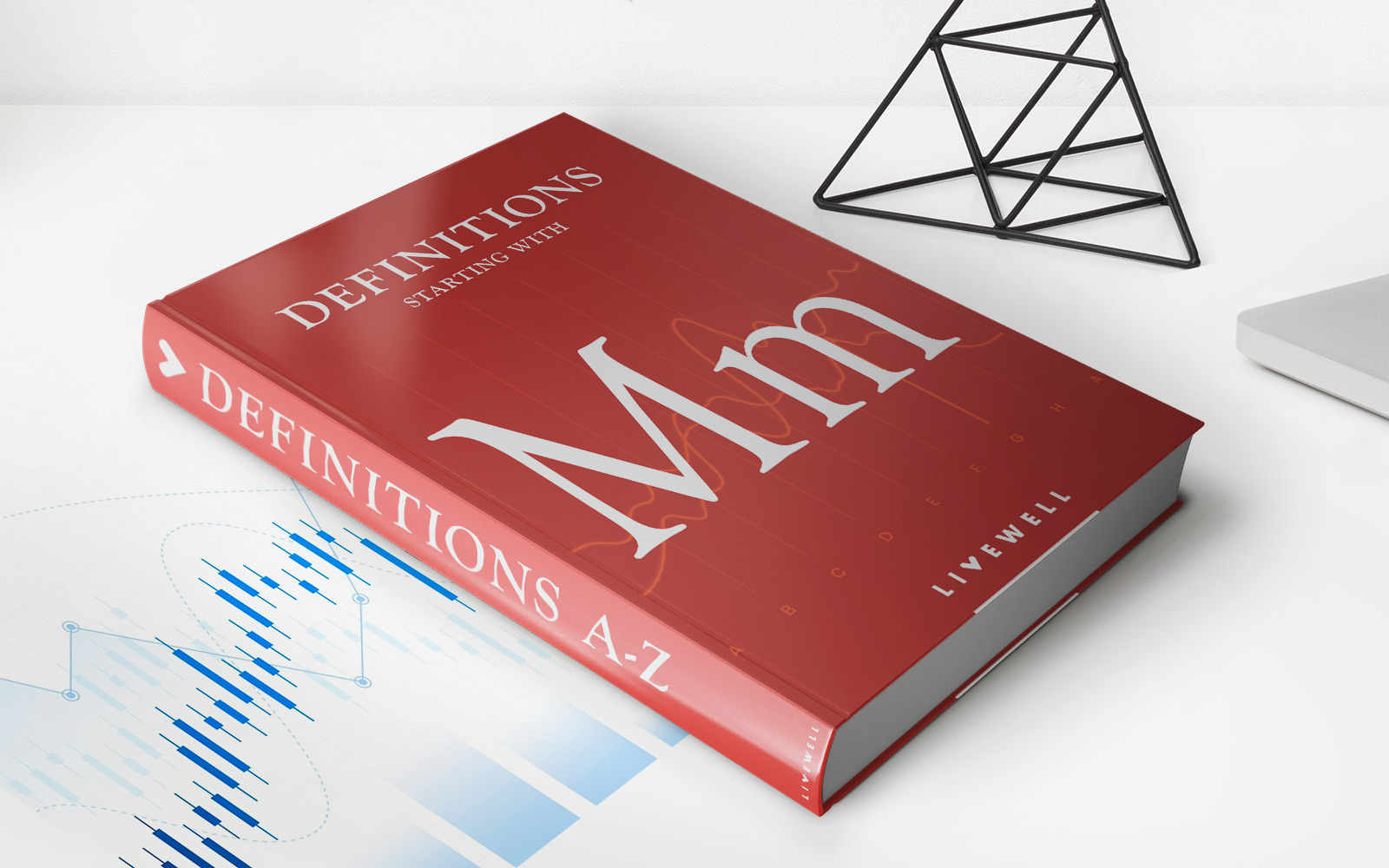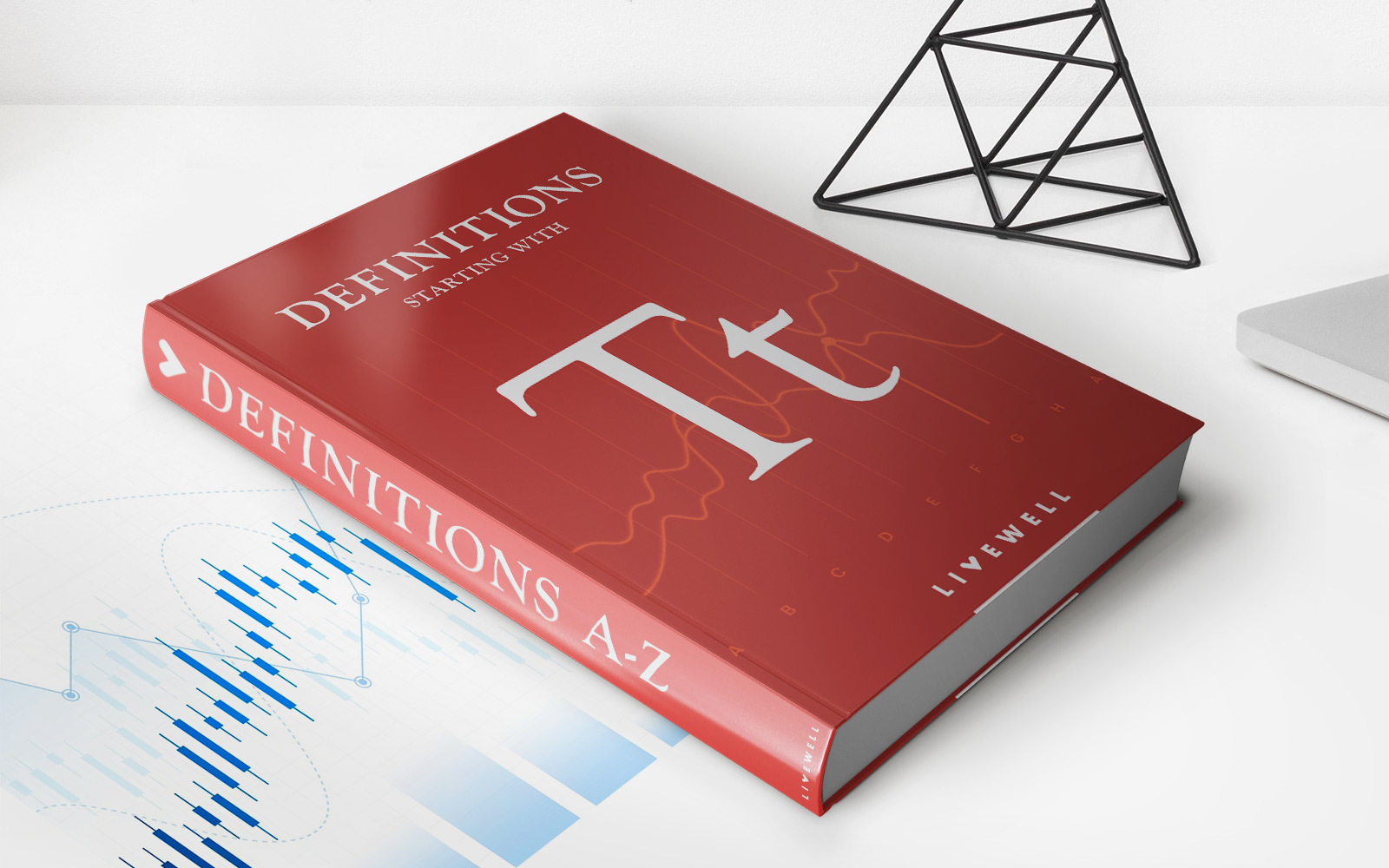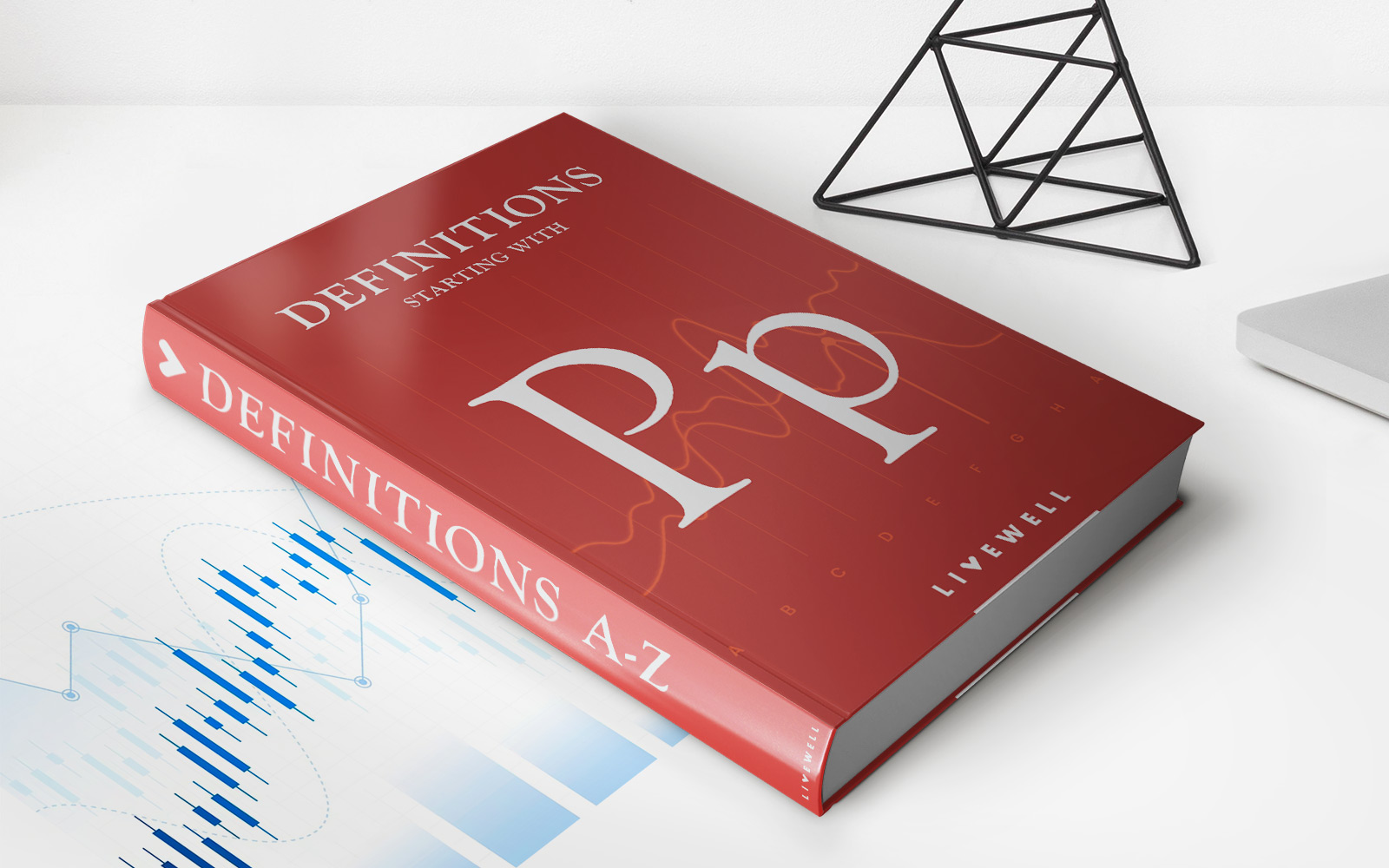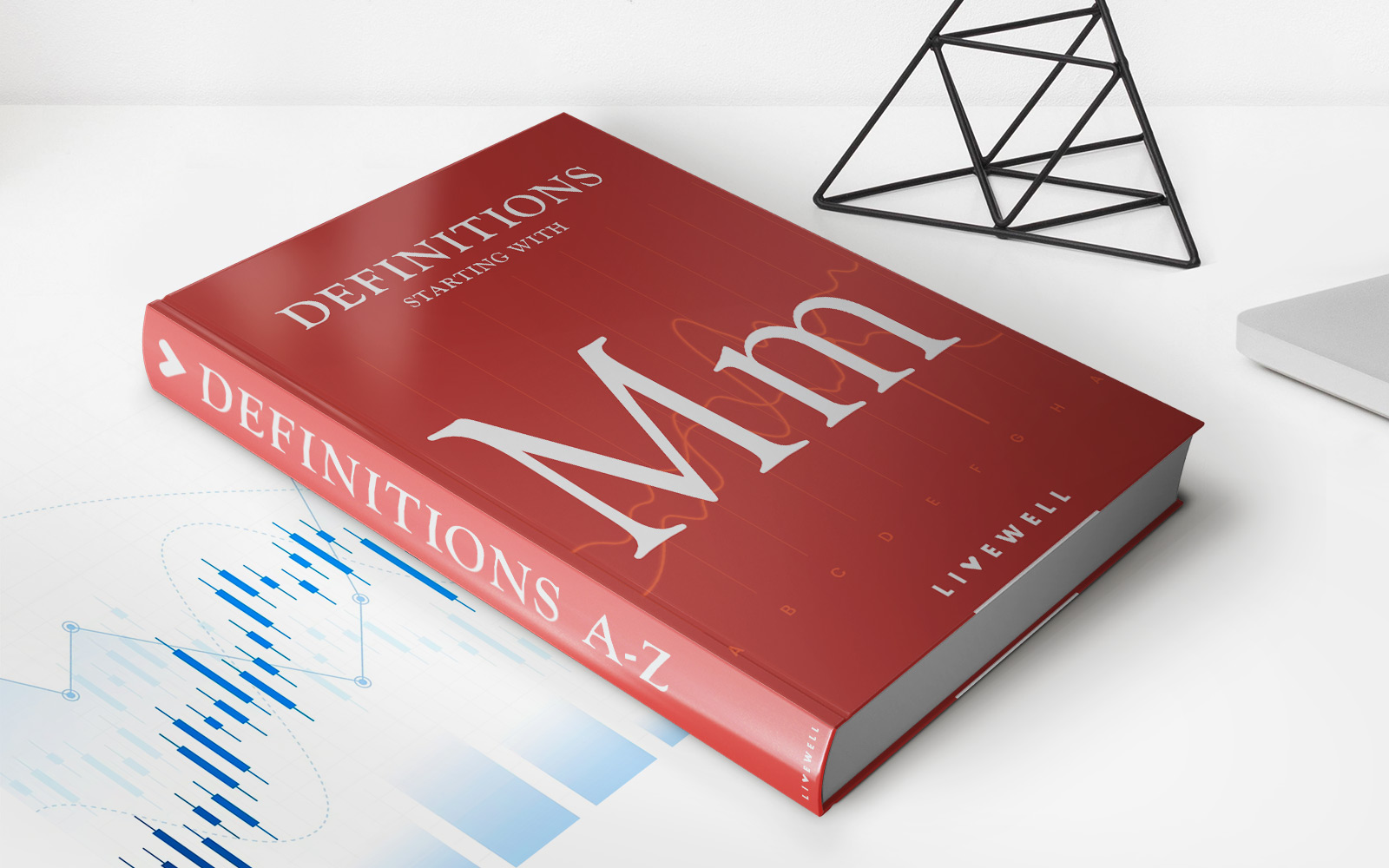Home>Finance>Deficit Spending: Definition, Theory, Arguments Pro & Con
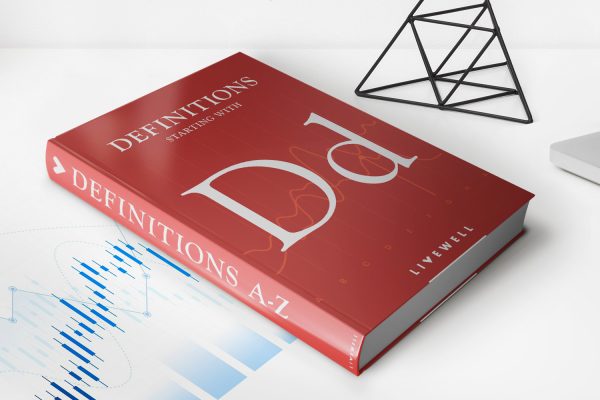
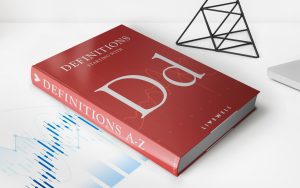
Finance
Deficit Spending: Definition, Theory, Arguments Pro & Con
Published: November 9, 2023
Learn about deficit spending in finance. Understand the definition, theory, and arguments for and against it. Explore the pros and cons.
(Many of the links in this article redirect to a specific reviewed product. Your purchase of these products through affiliate links helps to generate commission for LiveWell, at no extra cost. Learn more)
Deficit Spending: Definition, Theory, Arguments Pro & Con
Welcome to the Finance category of our blog! In this article, we will explore the concept of deficit spending, its definition, theory, and the arguments for and against it. If you’ve ever wondered how governments handle their finances and the impacts of their spending, you’re in the right place. Stick around to learn about deficit spending and its significance in the financial world.
Key Takeaways
- Deficit spending occurs when a government spends more money than it receives in revenue.
- This practice can stimulate economic growth, but it also carries potential risks like inflation and increasing national debt.
What is Deficit Spending?
Deficit spending, also known as budget deficit, refers to a situation where a government’s expenditures exceed its revenue during a specific period. In simpler terms, the government spends more money than it takes in through taxes and other forms of income. This shortfall leads to a budget deficit, which is usually funded through borrowing or issuing government bonds.
Deficit spending can be a deliberate policy choice made by governments to stimulate economic growth, especially during times of recessions or slow economic activity. It is often employed to finance infrastructure development, social programs, or other initiatives that are aimed at boosting the country’s economy.
Arguments in Favor of Deficit Spending
Proponents of deficit spending argue that it can have positive effects on the economy. Here are a few key arguments in favor of this practice:
- Economic Stimulus: By injecting extra funds into the economy, deficit spending can stimulate consumer spending and business investment. This increased economic activity can help lift the country out of a recession or prevent a further economic downturn.
- Infrastructure Development: Deficit spending can be used to finance essential infrastructure projects such as roads, bridges, and schools. These projects not only create jobs in the short term but also lay the foundation for long-term economic growth.
Arguments Against Deficit Spending
Opponents of deficit spending raise concerns about its potential downsides. Here are a couple of arguments against this practice:
- Inflation: When a government injects money into the economy through deficit spending, it can increase the money supply and potentially lead to inflation. Higher inflation erodes the purchasing power of the currency, which can have negative consequences for individuals and businesses.
- Increased National Debt: Deficit spending requires the government to borrow money or issue bonds, resulting in a higher national debt. Accumulating excessive debt can pose long-term challenges, such as increased interest payments and potential risks to the country’s credit rating.
While these arguments for and against deficit spending provide insights into the topic, it’s essential to note that the effectiveness and consequences of this practice can vary depending on the specific economic and political context.
In conclusion, deficit spending is a concept that plays a vital role in government finances. The decision to engage in deficit spending involves careful analysis of the economic situation and weighing the potential benefits against the risks. Factors such as inflation, national debt, and economic stimulation need to be taken into account when considering deficit spending as a policy tool.
We hope this article has provided you with a comprehensive understanding of deficit spending, its definition, theory, and the main arguments for and against it. Keep an eye on our Finance category for more informative content on various aspects of the financial world!
